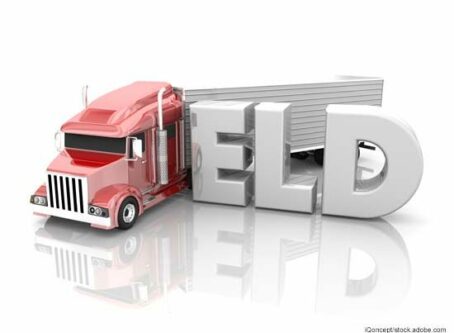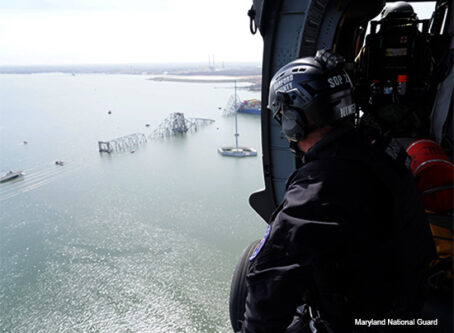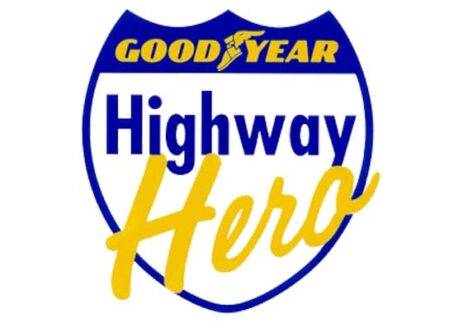OOIDA asks Colorado for truck protection from ‘booting’
A new law in Colorado calls for the regulation of private vehicle “booting” companies in the state. The provision is part of a lengthy bill to reauthorize the Colorado Public Utilities Commission.
The booting provision in SB236 would cap fees associated with immobilizing vehicles.
The new law also calls for the commission to license and regulate private booting companies. Additionally, the commission also is charged with setting specific rules for the business of immobilizing vehicles through the use of a boot.
According to a legislative fiscal note, the cities of Denver and Avon are the lone locations in Colorado to have booting businesses.
OOIDA asks for clarification
The commission is working on Proposed Rule 6817 to present for public comment.
The Owner-Operator Independent Drivers Association has communicated to the commission its desire to ensure commercial vehicles are covered under the new rules.
OOIDA has more than 160,000 members nationwide, including nearly 2,400 who reside in Colorado.
Mike Matousek, OOIDA manager of government affairs, has asked commissioners to clarify how the proposed rules would apply to commercial motor vehicles.
“Based on our assessment, they would,” Matousek said. “However, we would encourage the Colorado Public Utilities Commission to make clarifications.”
OOIDA wants the commission to include a definition for “commercial motor vehicle” and to include commercial motor vehicles with protections for “motor vehicles.”
Matousek said it appears there will be a $120 cap on fees associated with vehicle booting. He added the fees would likely be less if the owner, operator, or authorized agent of a motor vehicle appears in person to retrieve the motor vehicle prior to the installation of the boot.
Additionally, Matousek said OOIDA is encouraging the commission to clarify that the booting of an occupied motor vehicle or commercial motor vehicle is prohibited. An exception could be made for booting or immobilization authorized by a law enforcement officer, he said.
“Unfortunately, unscrupulous towing companies or booting companies will boot or immobilize an occupied commercial motor vehicle, such as when a truck driver is in the sleeper berth.”
Finally, OOIDA would like to see booting in the new regulations to include any other vehicle immobilization device.
“If legislative intent is to provide consumers with reasonable protections from companies engaged in this practice, it should be expanded to include other immobilization devices, not just those applied to a wheel,” Matousek wrote to the commission.
The final regulations likely will take effect the first of the year.
Colorado action could head-off problems
Matousek says concern about excessive booting charges involving commercial motor vehicles are “prolific” around the country.
He highlighted to the commission an incident in Charlotte, N.C., where an OOIDA member was given a $3,000 booting invoice. Matousek said the price to get the boot removed was later reduced when the company “graciously” agreed to a reduce fee of $2,500.
“These proposed regulations will hopefully preclude this abuse from happening in Colorado.”









